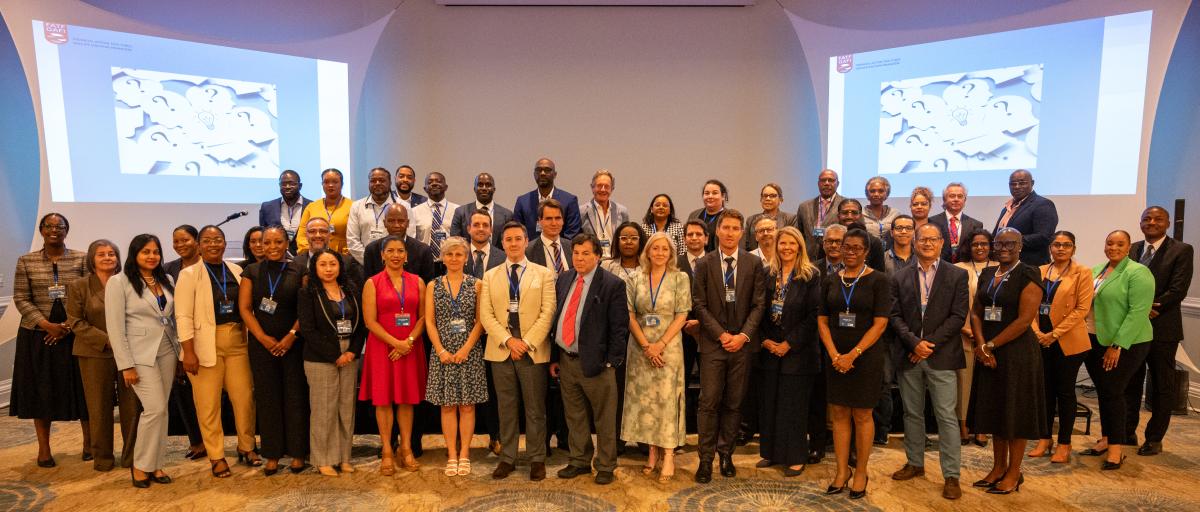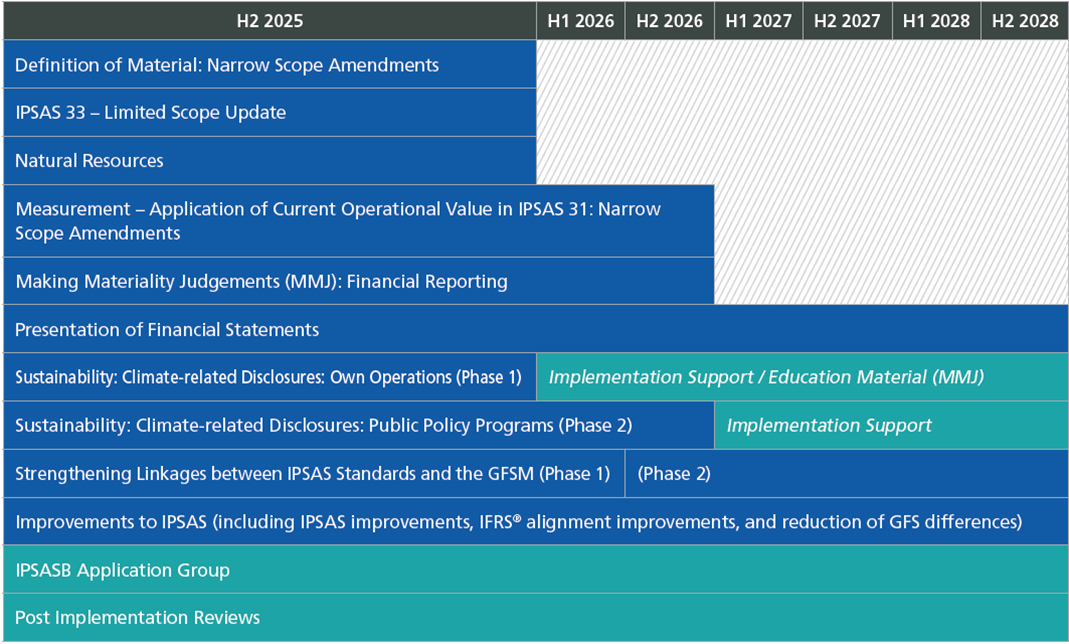Within five years, 65% of governments will report on an accrual basis, according to a recent report by IFAC (the International Federation of Accountants) and CIPFA (the Chartered Institute of Public Finance and Accountancy). The report was drawn from the International Public Sector Financial Accountability Index, which captures current and future use of public financial reporting bases and frameworks by governments around the world.
The 2018 Index Status Report, which captures information from 150 countries, finds that while 25% of governments currently report on an accrual basis, 65% of governments will report on accrual by the end of 2023. Asia, Africa, and Latin America and the Caribbean will lead the projected increase by the end of 2023.
By providing a comprehensive view of government finances, accrual reporting helps ensure that expenditure of public funds is transparent, public officials are held accountable, and future liabilities are recognized officially and planned for properly.
“Accruals-based accounting and auditable financial statements are essential if governments are to promote trust and transparency, identify and fight corruption, and above all deliver the outcomes their citizens expect and deserve,” said Rob Whiteman, Chief Executive of CIPFA.
Public financial reporting frameworks are developed in various ways, with many using International Public Sector Accounting Standards (IPSAS). IPSAS provide high quality financial reporting guidance for governments and other public bodies around the world, in order to improve their consistency and transparency. 51% of governments that currently report on an accrual basis use IPSAS directly, indirectly or as a reference point. By the end of 2023, nearly three-quarters (73%) of governments that report on accrual will use IPSAS in one of these three ways.
The report also outlines key actions for successful accrual reforms. According to the report, successful implementation of accrual reforms requires coordinated planning and sustained support. Additional recommendations include: frequent and clear communications, a change management program, and coordinated training and capacity building.
“The rapid acceleration of accrual reporting in the public sector, and IPSAS in particular, is a promising sign for citizens across the globe. Professional accountants play a critical role in unlocking the full benefits of accrual accounting and in improving decision making, transparency and accountability throughout the economy,” said Kevin Dancey, IFAC Incoming CEO.
IFAC and CIPFA plan to expand the Index progressively in terms of both coverage and information depth and to provide periodic status reports throughout this crucial uptake period for accrual financial reporting globally.
Media Contacts:
Tony Mirenda
IFAC Head of Communications
tonymirenda@ifac.org
+1 212 286 9344
Letreis Lawrence
CIPFA Corporate Communications Assistant
Letreis.lawrence@cipfa.org
0207543 5787
About IFAC
IFAC is the global organization for the accountancy profession dedicated to serving the public interest by strengthening the profession and contributing to the development of strong international economies. IFAC is comprised of more than 175 members and associates in more than 130 countries and jurisdictions, representing almost 3 million accountants in public practice, education, government service, industry, and commerce.
About CIPFA
CIPFA is the professional body for people in public finance. It represents approximately 14,000 members who are public finance leaders and officials in the United Kingdom and overseas, specialising in high quality public financial management and governance for organisations in, and providing support to, government and public services. Its members work throughout the public sector, in national audit agencies, in major accountancy firms, and in other public and private sector bodies where public money needs to be effectively and efficiently managed. As the world’s only professional accountancy body to specialise in public services, CIPFA’s portfolio of qualifications is the foundation for a career in public finance. It also champions high performance in public services, translating its experience and insight into clear advice and practical services. Globally, CIPFA shows the way in public finance by standing up for sound public financial management and good governance.
Joint report by IFAC and CIPFA forecasts rapid acceleration of accrual accounting and international standards adoption


